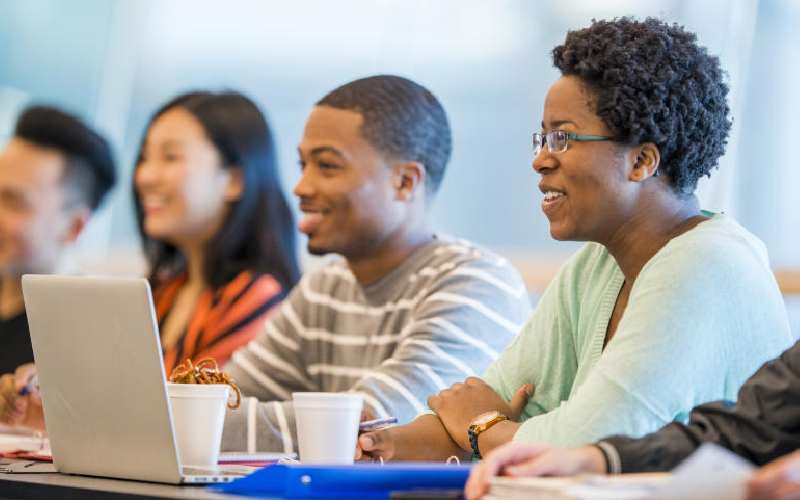
It is important that institutions have an institutional commitment to support teachers and students in developing the concept of themselves. [Courtesy]
Lifelong learning is a form of self-initiated education that is focused on personal development. Lifelong learning has generally been taken to refer to the learning that occurs outside of a formal educational institute, such as a school, university or corporate training. Basically, it is all purposeful learning activity undertaken throughout life with the aim of improving knowledge, skills and competencies within a personal, civic, social and/or employment-related perspectives.